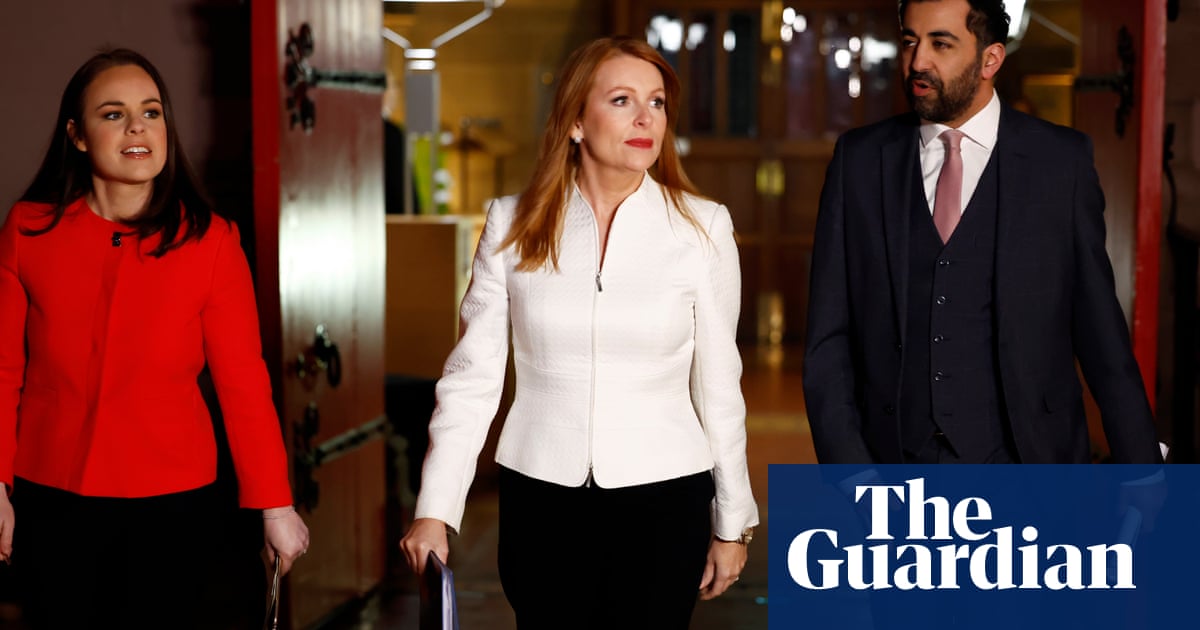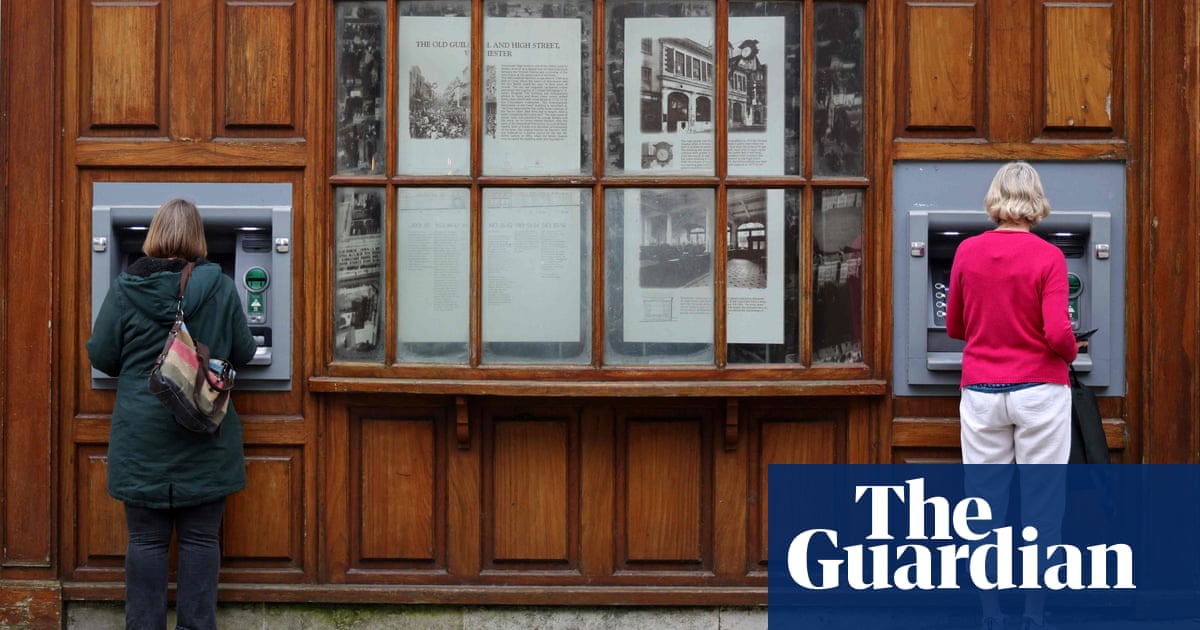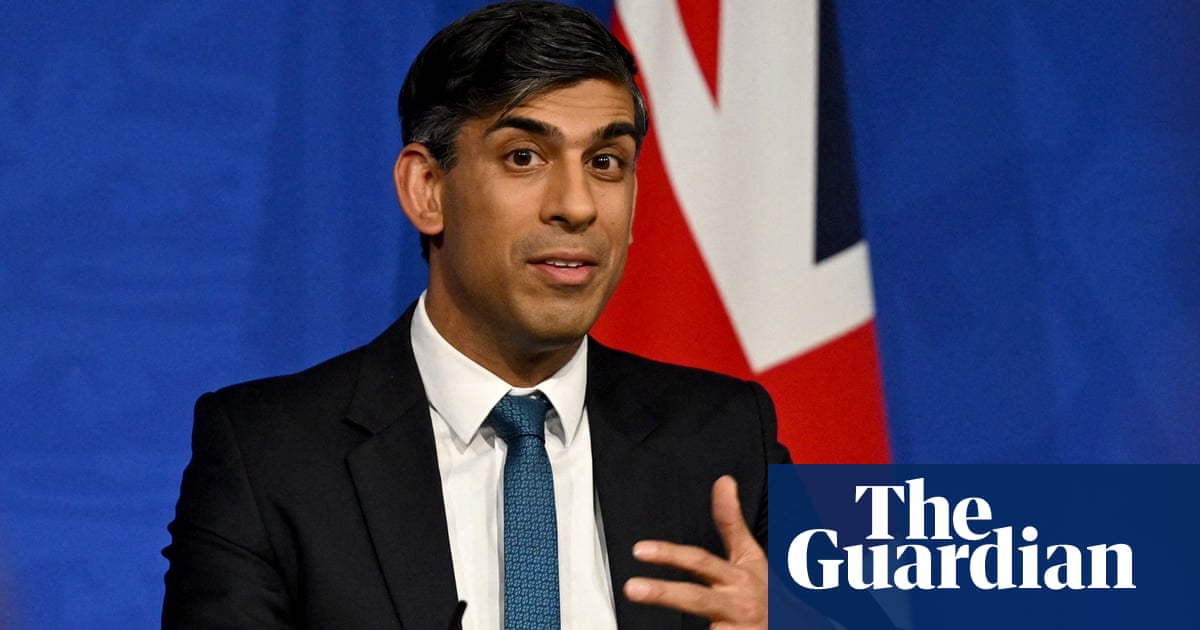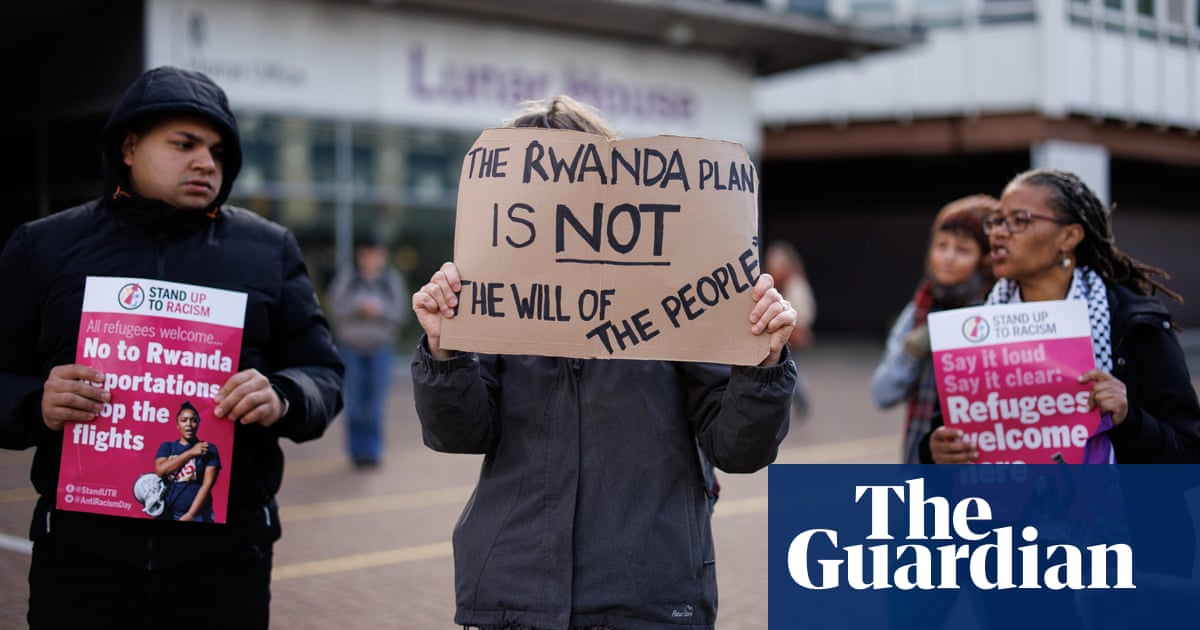
Boris Johnson and Priti Patel plan to allow more relatives of Ukrainian nationals to enter the UK after being faced with growing pressure for the UK to take in more of those fleeing war in eastern Europe.
They say that a further 100,000 refugees, including elderly parents, grandparents, adult children and siblings of British-based Ukrainian nationals, will be eligible to apply under criteria announced on Monday.
A new visa sponsor route, called the humanitarian sponsorship pathway, will also be created to let British businesses bring Ukrainians to the UK.
Refugee charities have questioned why the government has not followed the EU’s lead and introduced visa waivers, and raised concerns that the UK’s approach would be too slow to help many of those trying to escape the Russian invasion.
The approximate number of Ukrainians expected to be covered will rise to 200,000, a government spokesperson claimed. That figure would include the original 100,000 people the Home Office identified as immediate family members – a definition that was criticised by Tory MPs and others for being too narrow.
Addressing MPs, Patel confirmed that she was extending eligibility to parents, grandparents, adult offspring, siblings, and their immediate family members, of Ukraine nationals based in the UK.
“Those joining family in the UK will be granted leave for an initial period of 12 months. They will be able to work and access public funds.
“Secondly, we will establish a humanitarian sponsorship pathway which will open up a route to the UK for Ukrainians who may not have family ties with the UK, but who are able to match with individuals, charities, businesses and community groups,” she said.
Patel told the Commons that the case of an elderly Ukrainian national stuck in Paris after trying to cross to the UK to be with her British-resident relatives, which was raised by Yvette Cooper on Monday, had now been solved.
She indicated some flexibility for Ukrainian nationals applying to join relatives of British nationals who do not fit into the current criteria and said that ministers across government were aware that they would have to find homes, schools and adequate healthcare for hundreds of thousands of people.
Cooper, the shadow home secretary, expressed “considerable relief” at the government’s new position, but sought assurances over the numbers of refugees who would be allowed into the UK and asked if anyone would have to pay if they were seeking sanctuary from Ukraine.
“Does the sponsoring family member have to be British or have to have indefinite leave to remain? What about Ukrainians here on work visas, on study visas, who have come maybe as lorry drivers or on visitor visas?
“Can she make a simple commitment now that family members from Ukraine who are fleeing persecution are all welcome here in the UK, no matter what visa their family member here in the UK has, that we will give them sanctuary?” she said.
Patel replied: “It is a family scheme, on that basis, a Ukrainian family scheme, so family members – and I’ve already outlined some of the categories – will be eligible to come over to the UK and the scheme will be free.”
But France asked UK authorities to further relax visa requirements for Ukrainians fleeing the Russian invasion, an adviser to the French president, Emmanuel Macron, told French media, because what the Elysée called “over-restrictive” rules had led to people being stranded in northern France.
“We have drawn the attention of the British authorities to the difficulties associated with the lack of information and the over-restrictive nature of this system,” the adviser told Le Parisien newspaper on Tuesday.
The adviser said the system represented an additional “heavy administrative burden” on refugees, in particular because “at this stage [the UK] is not issuing visas on the spot, but in its consulates and embassies”.
France welcomes Ukrainians without visas under the EU’s 90-day rule, which means they can spend 90 days out of every 180 in the Schengen Area visa-free. The UK’s insistence on people escaping the conflict needing a visa to enter Britain has already caused problems for some families in France.
Enver Solomon, the chief executive of the Refugee Council, said the government’s decision to relax visa requirements did not go far enough.
“It could mean that far fewer Ukrainians are actually able to reach safety in the UK than the government claims. Sponsorship is a slow process and in recent years has only resulted in hundreds of refugees coming to the UK,” he said.
Mike Adamson, the chief executive of British Red Cross, said the proposed humanitarian sponsorship pathway was a positive step, but that concerns remain that it would take some time to put into practice.
“As a temporary measure, we’re calling on the government to allow Ukrainians to travel here without a visa. Security checks can still be carried out when people travel or arrive in the UK, and this would be in line with the approach taken in the EU,” he said.












